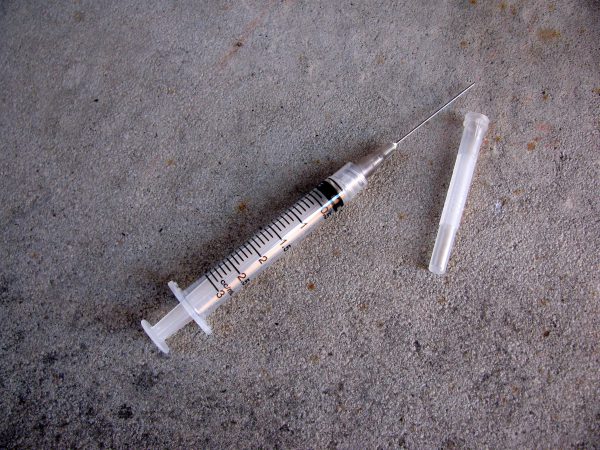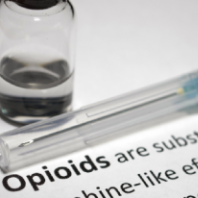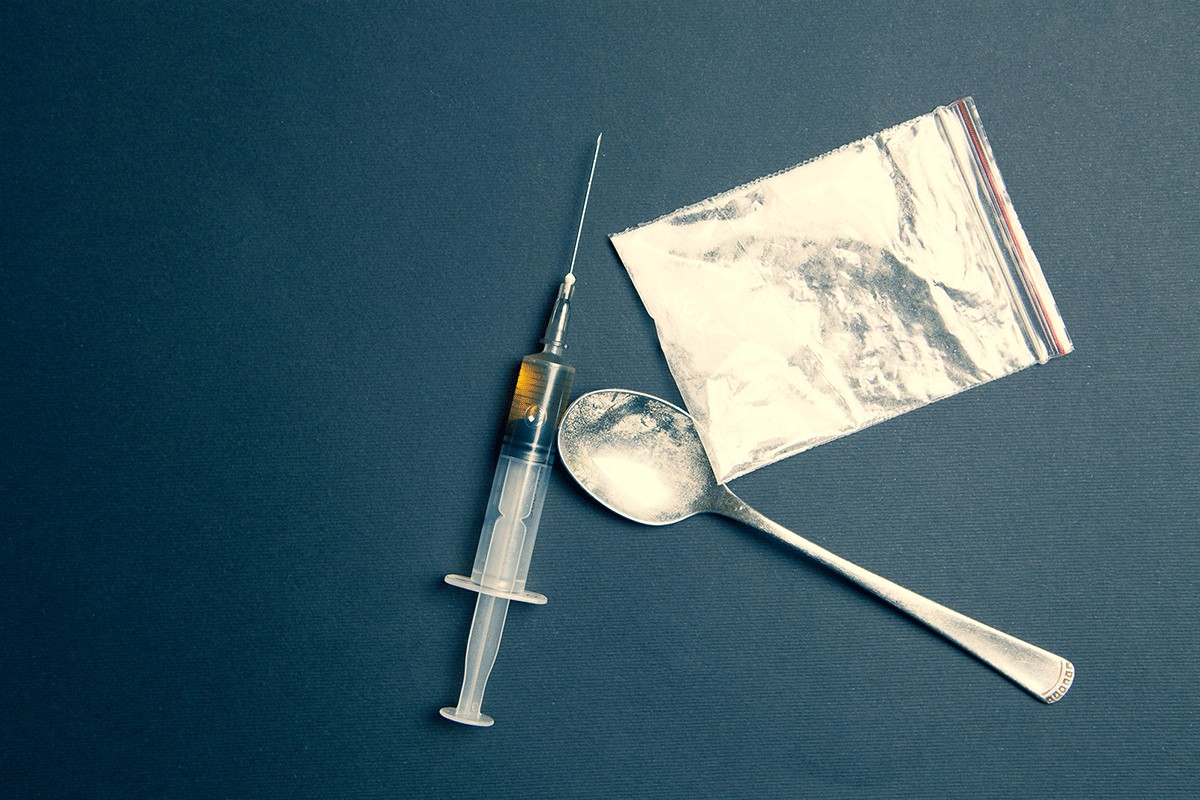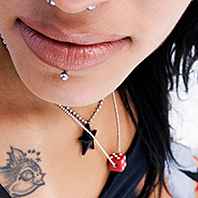The risk for getting or transmitting HIV is very high if an HIV-negative person uses needles, syringes, or other drug injection equipment (for example, cookers) after someone with HIV has used them. This is because the needles, syringes, or other injection equipment may have blood in them, and blood can carry HIV. Likewise, you’re at risk for getting or transmitting hepatitis B and C if you share needles, syringes, or other injection equipment because these infections are also transmitted through blood.

More Information
In 2017, 6% of new HIV diagnoses in the United States were attributed to injection drug use and 3% were attributed to injection drug use and male-to-male sexual contact (men who reported both risk factors). On average, an HIV-negative person has about a 1 in 160 chance of getting HIV every time they share needles, syringes, or other injection equipment with a person who has HIV.

More Information There may be extremely tiny amounts of blood in syringes or works that you may not be able to see, but could still carry HIV. Be aware that HIV can survive in a used syringe for up to 42 days depending on temperature and other factors.

More Information Hepatitis B and C are viruses that infect the liver. Many people with hepatitis B or C don’t know they have it because they don’t feel sick. Even if you don’t feel sick, you can transmit the virus to others. The only way to know for sure if you have hepatitis B or C is to get tested. Your health care provider will recommend a hepatitis B or C test if you have risk factors for these infections, such as injection drug use. If you don’t have a health care provider, click here to find contact information for your local health department.
There are medicines to treat hepatitis B. If you’ve never had hepatitis B, there’s a vaccine to prevent it. There are medicines to treat hepatitis C, but they aren’t right for everyone. There’s no vaccine to prevent hepatitis C. Talk to your health care provider to learn more about hepatitis B and C.
If a person with HIV takes their HIV medicine as prescribed and gets and keeps an undetectable viral load , their chance of transmitting HIV through sharing needles, syringes, or other drug injection equipment is reduced.
Another reason people who inject drugs can get or transmit HIV (and other sexually transmitted diseases or STDs) is that when people are high, they’re more likely to engage in risky sexual behaviors, such as having anal or vaginal sex without protection (like a condom or medicine to prevent or treat HIV), having sex with multiple partners, or trading sex for money or drugs.
In addition to being at risk for HIV and other STDs, people who inject drugs can get other serious health problems, like skin infections and heart infections. And sometimes people can overdose and get very sick or even die from having too many drugs or too much of one drug in their body or from products that may be mixed with the drugs without their knowledge (for example, fentanyl).


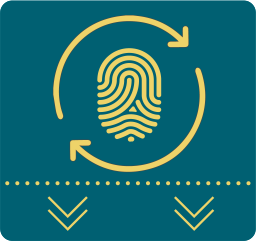


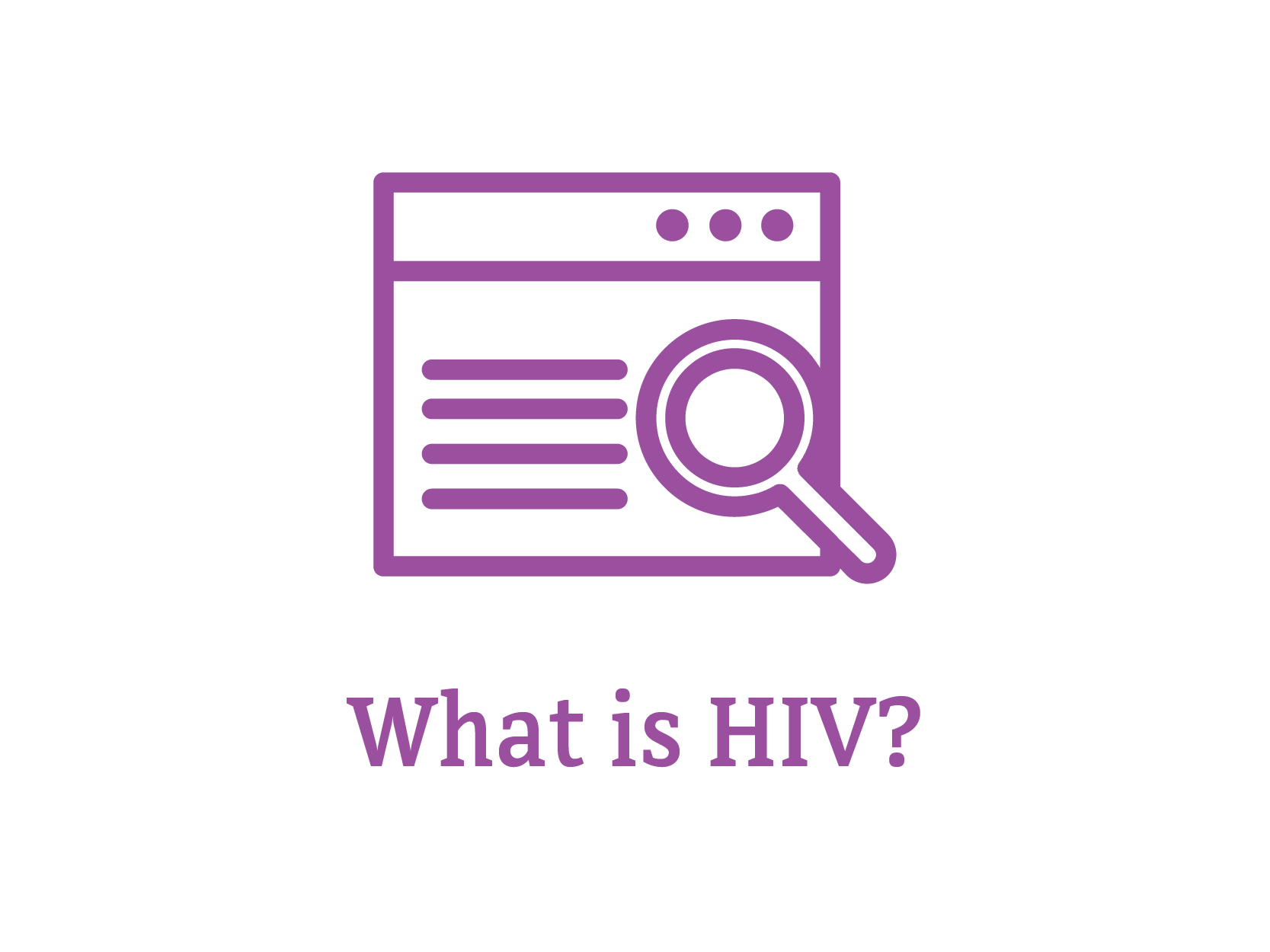
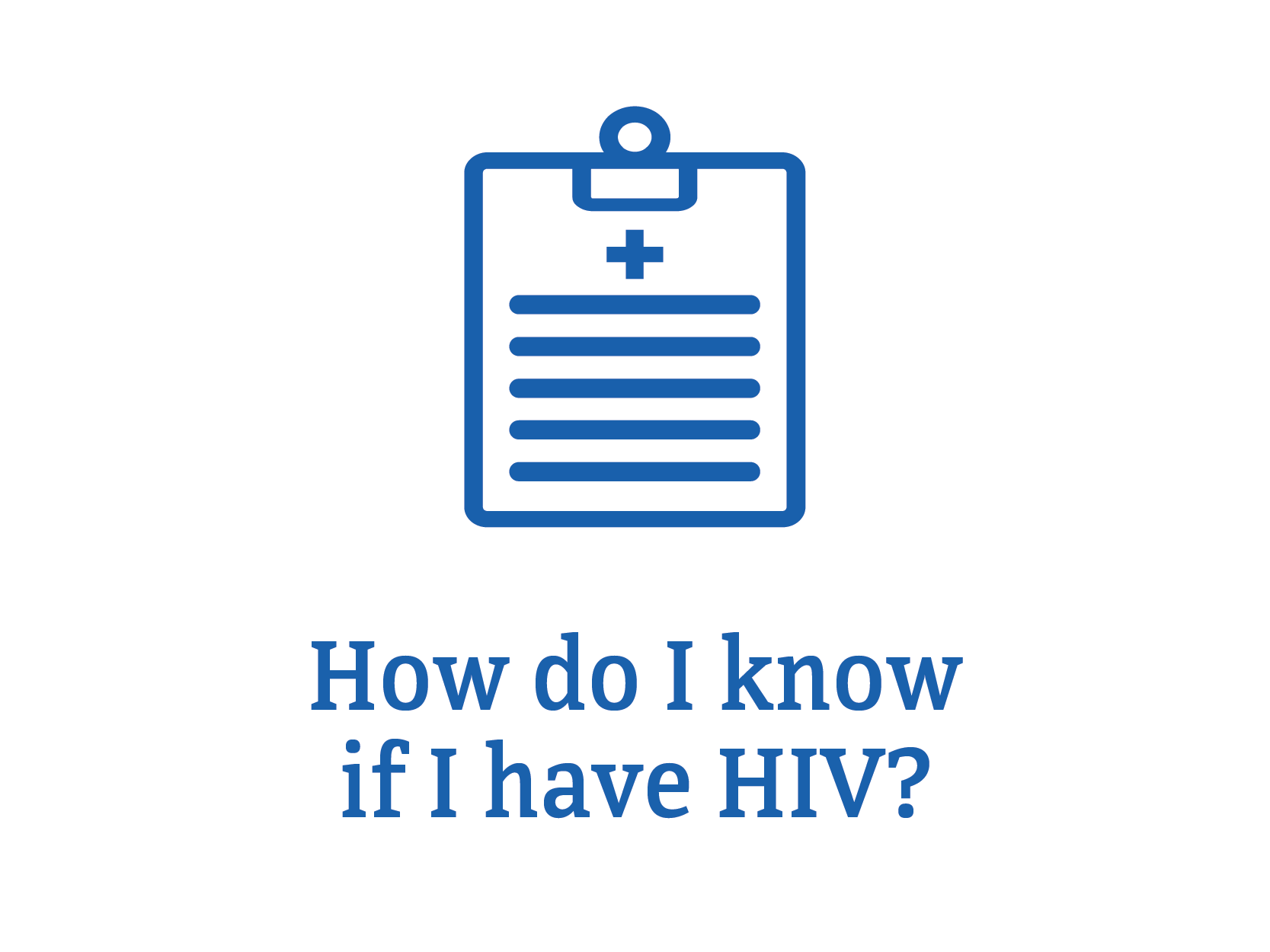
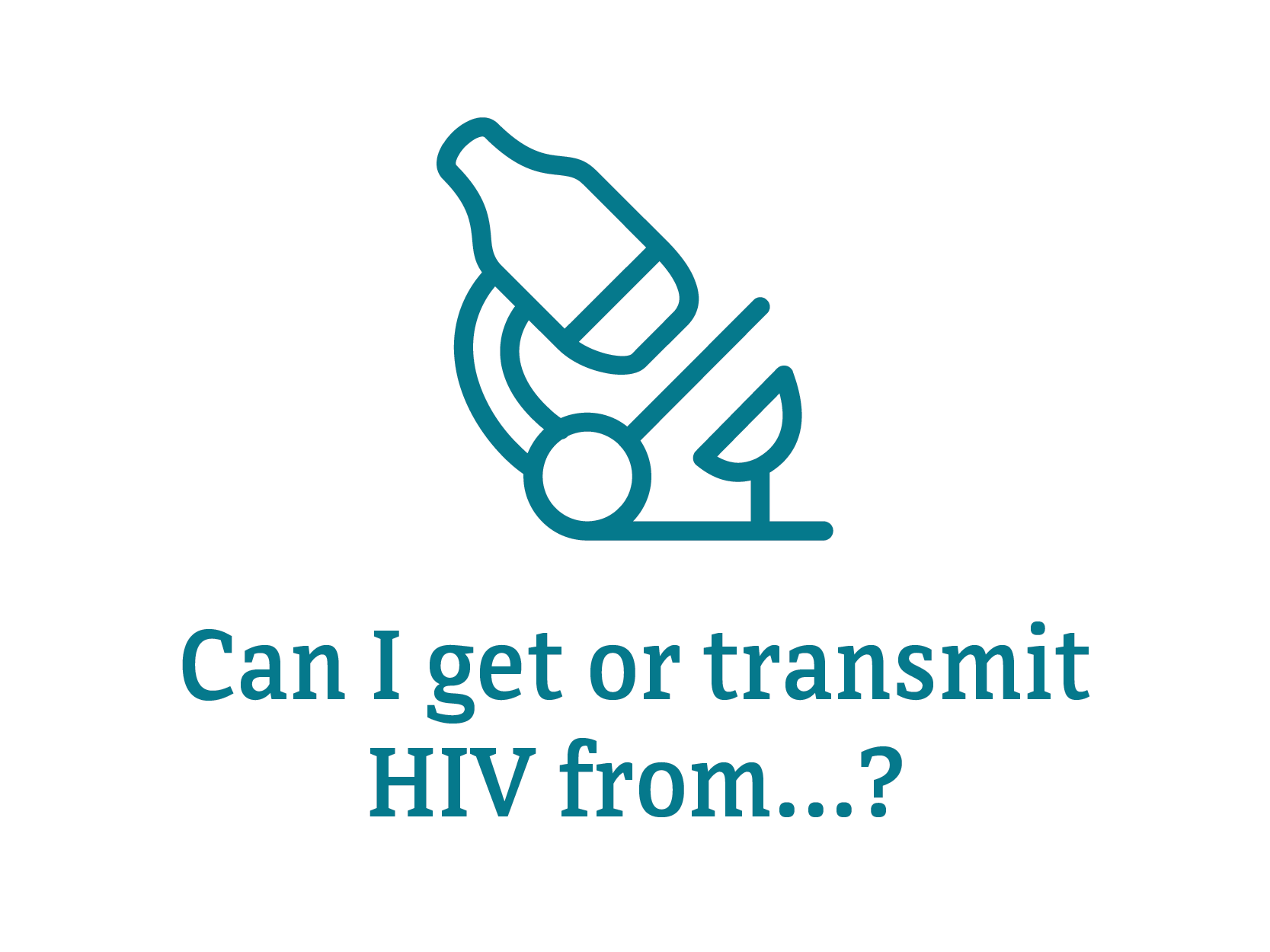
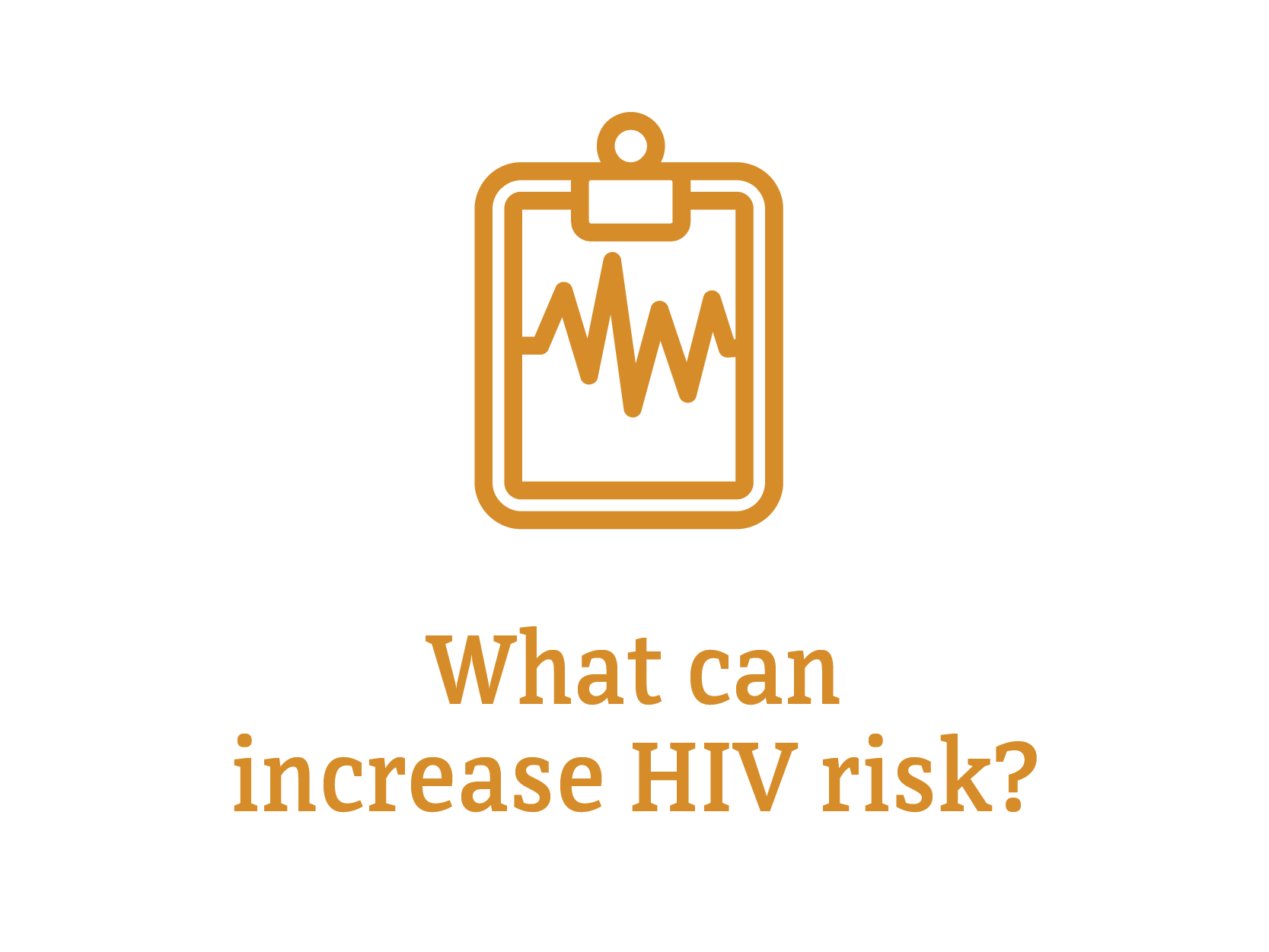
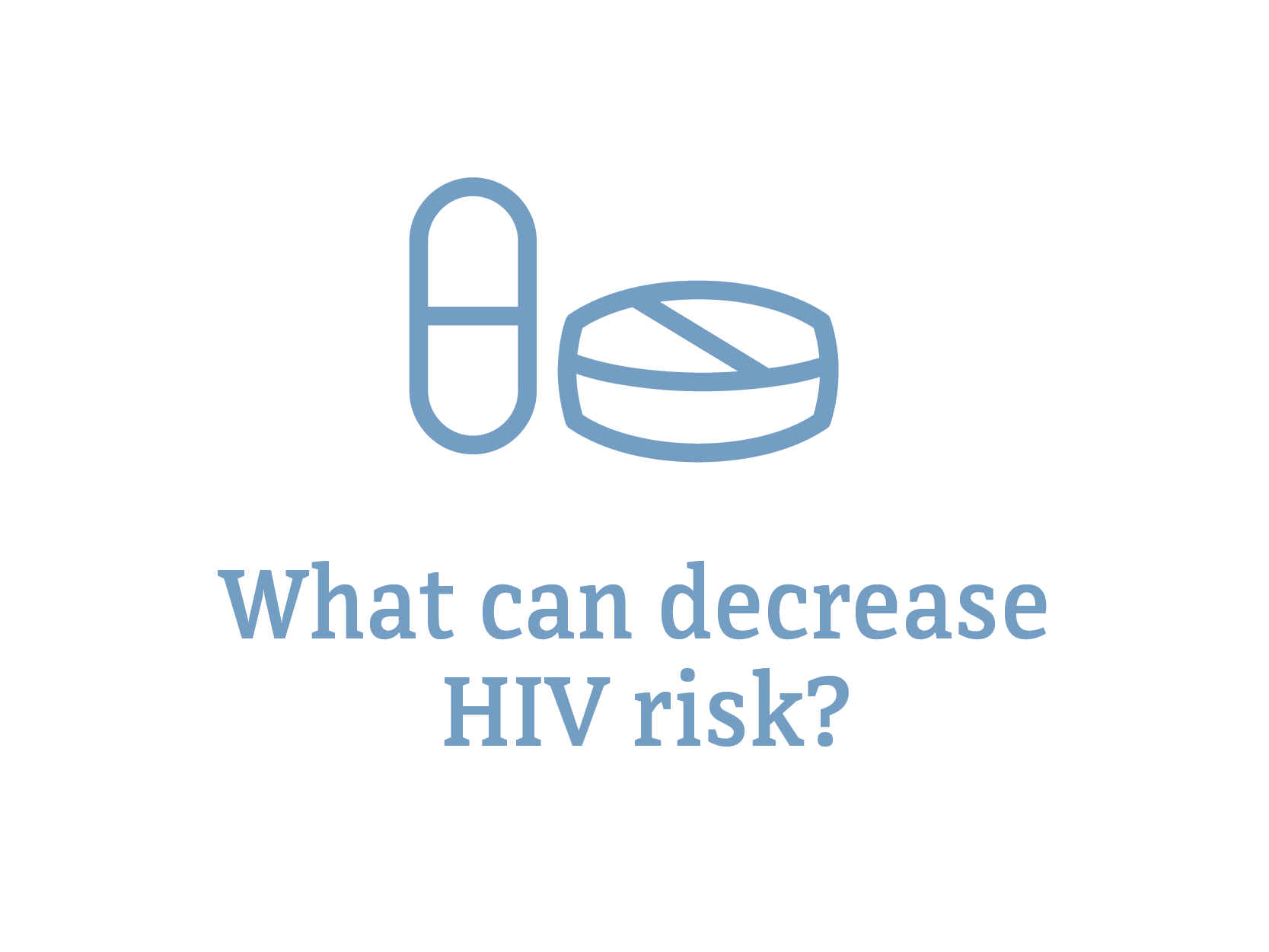
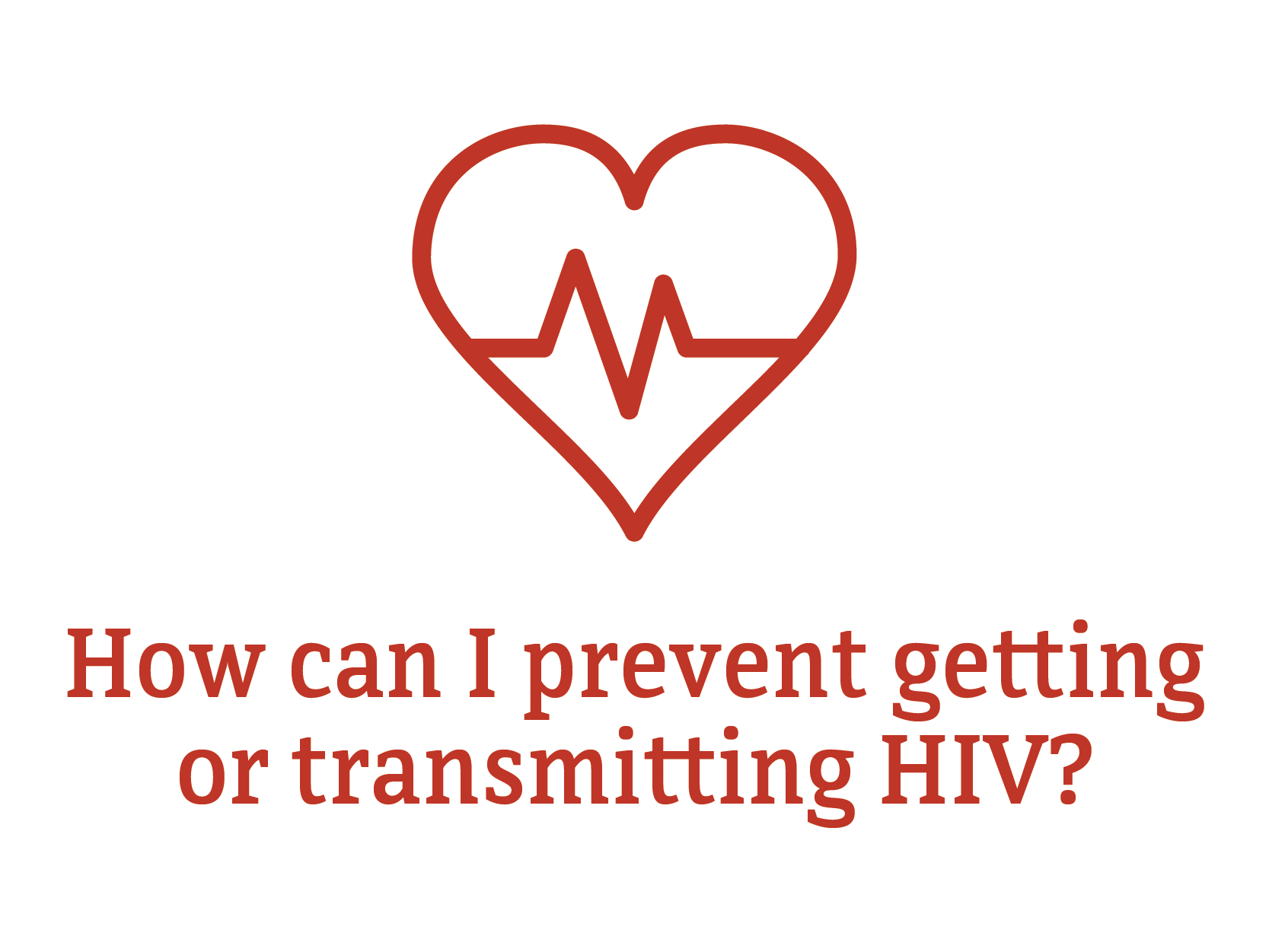




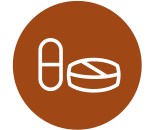




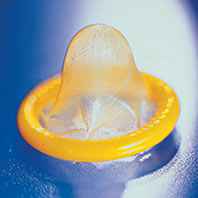 Choosing activities with extremely low to no risk
Choosing activities with extremely low to no risk

